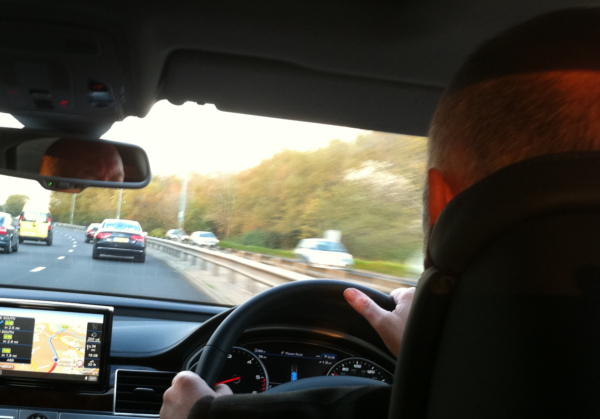
JUST under half (48%) of Brits who drive for their job, have admitted to speeding whilst at work, according to new research from Masternaut.
Europe’s largest telematics provider, found that a quarter of those saying they’re more likely to speed in a vehicle provided by their employer than their own.
Over half of those that admitted to speeding said they would be more likely to speed to a work appointment, over a personal appointment.
The Masternaut research was conducted as part of road of safety week and surveyed 2,000 UK employees that drive as part of their job, to discover how willing employees are to speed whilst driving for work.
The ‘speeding capital’ of the UK was revealed to be Exeter, with 84% of people candidly admitting that they speed. Cardiff was revealed to be the speed conscious city, with 23% of residents confessing to breaking speed limits.
This research coincides with a whitepaper from Masternaut, calling for transport companies, fleet operators and field service organisations to place the reduction of corporate risk and improving health and safety for staff higher up on their agenda.
Martin Hiscox, CEO and chairman of Masternaut, said of the research: “We were surprised that people feel that it’s more acceptable to speed for work than pleasure and there’s a serious message about the role of the employer in providing duty of care to their staff and the public at large.
“Speeding is an issue that employers need to put the brakes on, whether their staff are driving their own vehicles or those provided by the company.
“The application of telematics can provide a solution, with added benefits of being able to take a more detailed look at driver behaviour, so that problem drivers can be identified and training can be provided to improve safety generally.”







